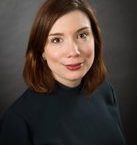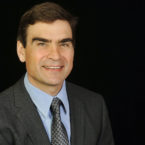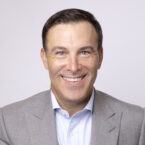Objectives
To characterize symptom burden, school function, and physical activity in youth one year following acute concussion and those with subsequent repeat concussion.
Study design
Secondary analysis of 5P prospective, multicenter cohort study conducted in 9 Canadian emergency departments (ED). Participants were children between ages 5 and 18 who presented consecutively ≤48-hours of concussion and agreed to participate in a post hoc electronic survey one year after injury. Outcomes were assessed using a standardized 25-question symptom scale derived from the Post-Concussion Symptom Inventory-Parent; school function and physical activity outcomes were queried. The primary outcome was total symptom score one year following concussion, defined as the number of symptoms experienced more than before injury.
Results
Of 3052 youth enrolled in the 5P study, 432 (median [IQR] age, 11.5 [9,14] years; 266 [62%] male) completed the one-year survey; 34 respondents reported a repeat concussion. Following acute concussion, youth were more likely to be symptom-free than following repeat concussion (75% vs. 50%; difference=25%[95%CI:8,41]; p=.002) and to have recovered fully (90% vs. 74%; difference=17% [95%CI:5, 34]; P = .002) after one year. Although physical symptoms were lower one year after initial ED presentation for both groups (p<.001), youth with a repeat concussion reported greater headache persistence (26% vs.13%; difference=13% [95%CI:1,31]; p=.024). Both groups returned to their normal school routine (100% vs 95%; difference=5% [95%CI:-5,8; p=.618). Youth without repeat concussion more frequently returned to normal physical activities (98% vs. 85%; difference=13% [95%CI:4,28]; p<.0001) and sport (95% vs. 82%; difference=13%[95% CI:3,29]; p=.009).
Conclusions
Most youth are symptom-free and fully recovered one year following concussion. Some children with repeat concussion have worse outcomes and have delays in returning to normal school routines and sport.
Researchers
-
Andrée-Anne Ledoux
Scientist CHEO Research Institute
-
Martin Osmond
Emeritus Senior Scientist, CHEO Research Institute
-
Roger Zemek
Senior Scientist, CHEO Research Institute



